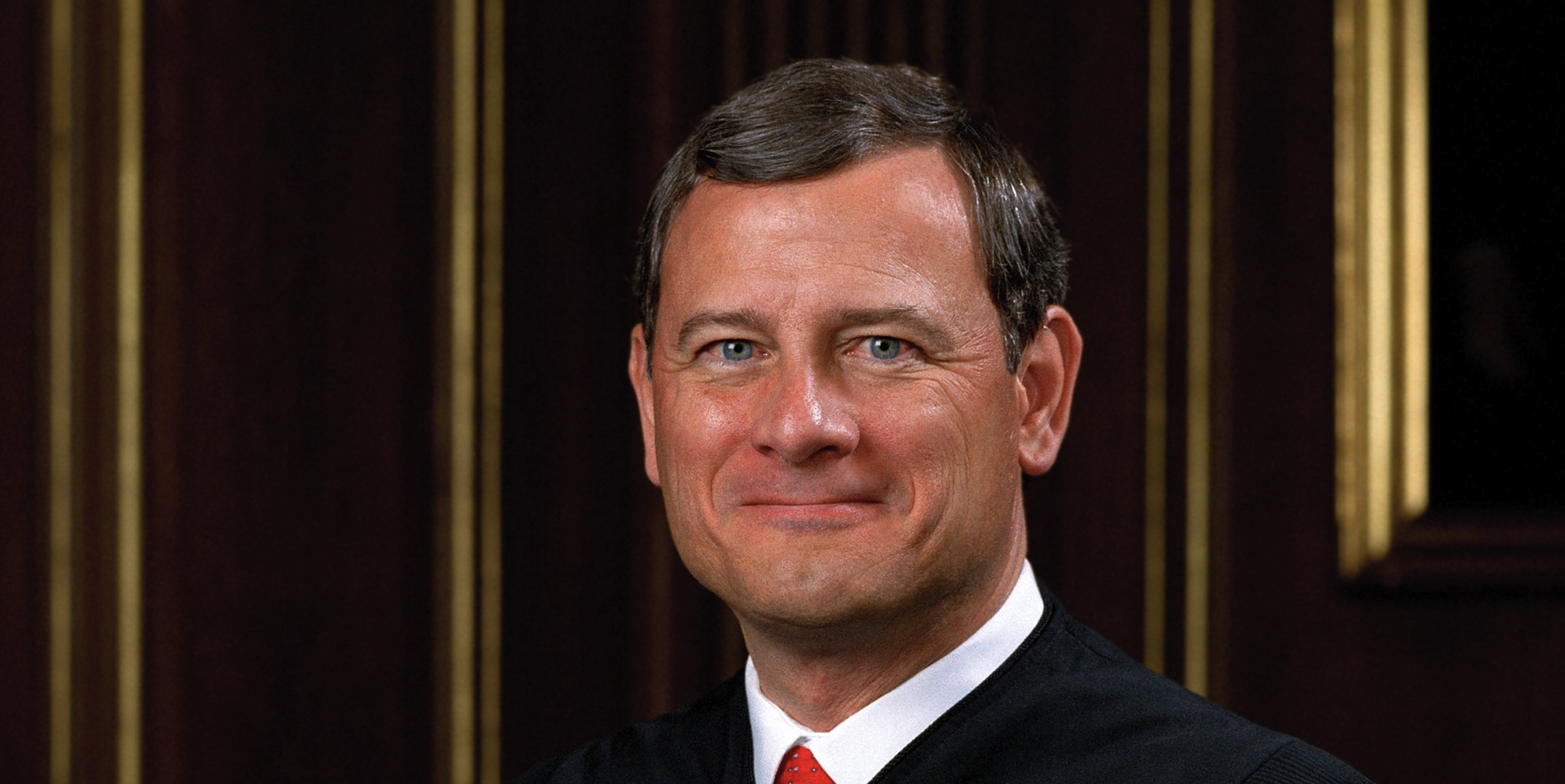
Non Sequiturs: 03.24.19
* In the wake of Justice Anthony M. Kennedy's retirement, I predicted that Chief Justice John Roberts, a staunch institutionalist when it comes to the Supreme Court, would serve as a moderating influence at SCOTUS -- and so far that seems to be the case, with Adam Feldman noting a "a mild liberalizing over time" in JGR's jurisprudence. [Empirical SCOTUS] * Speaking of SCOTUS, it's high time for the Court to resolve the messy circuit split on email privacy under the Stored Communications Act, according to Orin Kerr. [Volokh Conspiracy / Reason] * The Trump Administration's new executive order about free speech on university campuses might harm rather than help the cause of academic freedom, as Paul Horwitz points out. [PrawfsBlawg] * Republicans aren't the only ones with purity tests for judicial nominations; Demand Justice, a left-wing group focused on the federal judiciary, has high standards for Democratic opposition to Trump nominees. [Bench Memos / National Review] * While you wait for the 2019 edition of Above the Law's law school rankings, check out the latest installment of the "revealed preferences" law school rankings, by C.J. Ryan and Brian L. Frye. [SSRN] * What's next for Kira Systems, a leader in the world of legal AI? Co-founder and CEO Noah Waisberg isn't resting on his laurels -- and he's putting that $50 million investment from last September to work. [Artificial Lawyer] * Fastcase continues to forge new partnerships -- and in its latest alliance, it will give its subscribers access to select titles from the American Bar Association (which, full disclosure, published my book (affiliate link) in 2014). [Dewey B Strategic] * If you'll be in New York this coming Wednesday, consider attending the inaugural Kenneth P. Thompson '92 Lecture on Race and Criminal Justice Reform at NYU Law School, focused on wrongful convictions and the roles of prosecutors and others in the criminal justice system. [NYU Law]




